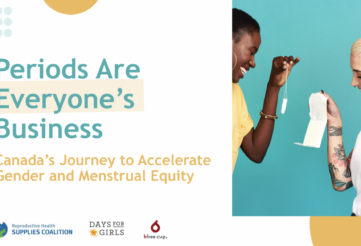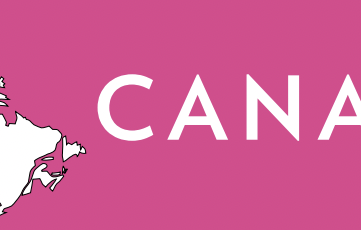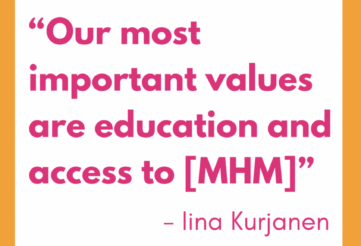From Homelessness to Menstrual Health Advocacy: Meet Christine Okii Khatima
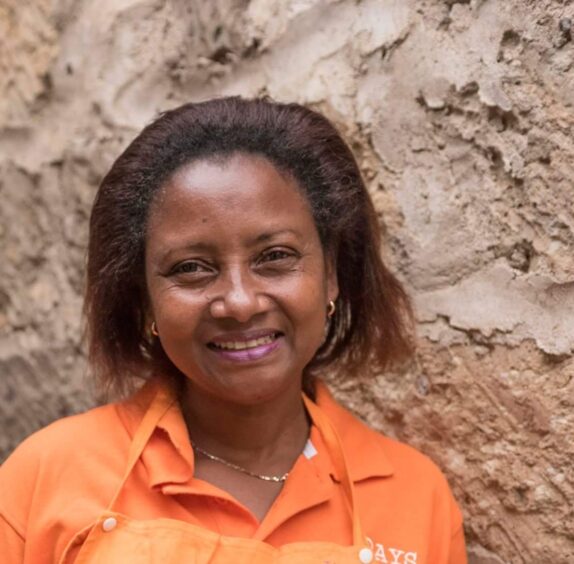
No one prepared Christine for her first period. She was at school when the blood came, causing her to panic. She thought a snake had bitten her, and that she may even die. At nine years old, Christine had not yet gone through puberty and did not know about menstruation.
“I was sent home from school when my period started and my teacher told me ‘to prepare’, but not what to prepare for,” said Christine.
Growing up in rural Kenya, there were limited to no menstrual health (MH) resources and education available to Christine. When Christine experienced menarche, no one was there to provide her with products or information on how to manage her menstruation. She was not allowed to sleep on mattresses in her home and had to use banana leaves and her father’s underwear as proxy menstrual products.
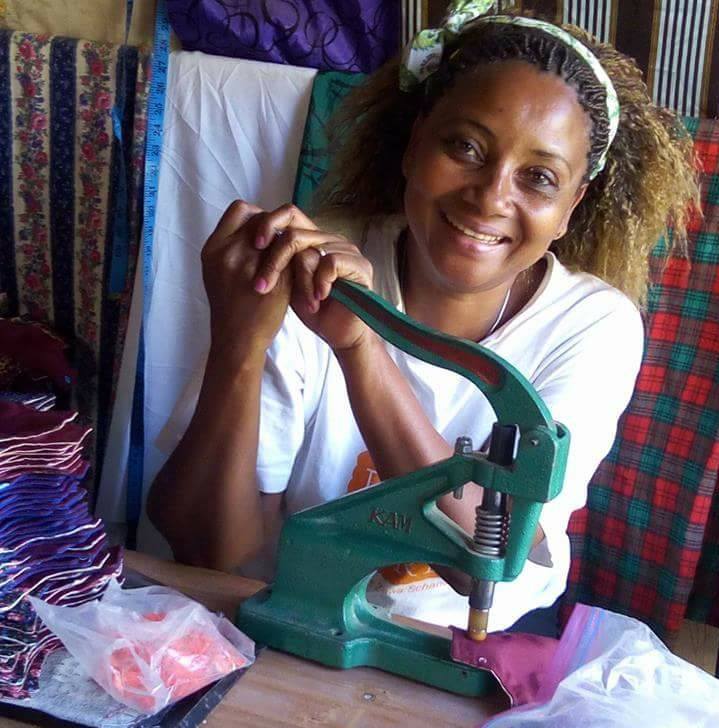 Unfortunately, Christine’s experience was not unusual. Many women, girls, and people who menstruate in Kenya suffer from a lack of MH resources and a multitude of stigmas surrounding menstruation. 54% of Kenyan girls face difficulty in accessing MH products, and 65% of women and girls cannot afford menstrual pads (USAID, 2015). The majority of Kenyan cultures believe that menstrual blood is contaminated and that those who menstruate are ‘dirty’ (Kenya MH Country Snapshots Days for Girls, 2022).
Unfortunately, Christine’s experience was not unusual. Many women, girls, and people who menstruate in Kenya suffer from a lack of MH resources and a multitude of stigmas surrounding menstruation. 54% of Kenyan girls face difficulty in accessing MH products, and 65% of women and girls cannot afford menstrual pads (USAID, 2015). The majority of Kenyan cultures believe that menstrual blood is contaminated and that those who menstruate are ‘dirty’ (Kenya MH Country Snapshots Days for Girls, 2022).
The lack of resources available to manage her menstruation grew increasingly challenging for Christine, leading her to move to Nairobi, Kenya at age 13 in search of a better life. In Nairobi, she began working as a maid but was not regularly compensated, often leaving her without money to buy pads. She was soon offered menstrual pads and help in her work in exchange for sex by the husband of her employer, and felt she had no choice but to agree. This forced Christine to engage in transactional sex for menstrual products, an unfortunately frequent occurrence, as 2 out of 3 menstrual pad users in rural Kenya receive pads from sexual partners (World Bank Group, 2017).
For Christine, circumstances continued to worsen, as she found herself pregnant at age 14. When her employer found out, she was immediately fired and left homeless on the streets of Nairobi. She spent several years in and out of homelessness and living in the slums of Nairobi; ultimately, she married and was able to find stability as an adult.
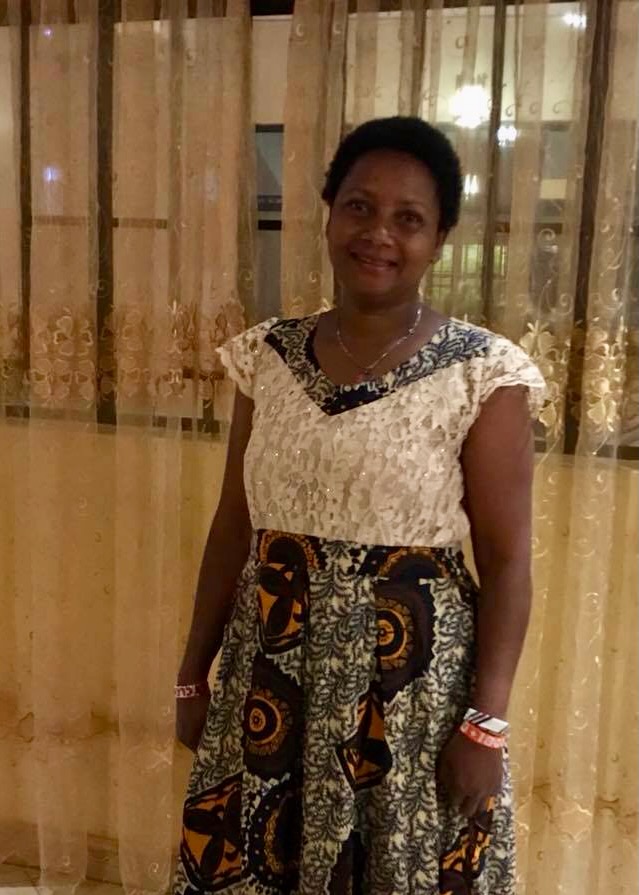
The hardships of Christine’s early life directly resulted from inaccessibility to MH products and education, hardships she has dedicated her life to preventing other girls from experiencing. Throughout her adult life, Christine has led MH advocacy efforts in Western Kenya, seeking to provide greater resources and opportunities for those who menstruate.
Today, she is the leader of Zariel Days for Girls Gold Certified Enterprise and she serves on the Board of Directors of Days for Girls Kenya (DfGK). She is also the Sewing Specialist for DfGK. Through her roles, she actively advocates for the work of DfGK and supports the outstanding work of DfG’s 21 Social Enterprises across Kenya. In 2023, as sales and advocacy support were emphasized, DfGK had sales of 61,348. For DfGK, enterprise success is continuing as it moves towards a focus on increasing sales and creating a market-oriented approach in 2024.
When considering the success of Kenya’s Social Enterprises and the progress of the MH field, Christine is glad that MH is more widely discussed and resources like DfGK are more readily available today than during her youth.
“It is very different now from when I was a girl,” said Christine. “There is much more awareness [about menstrual health], and change is being made.”
Learn more about DfG's Social Enterprise program HERE.







